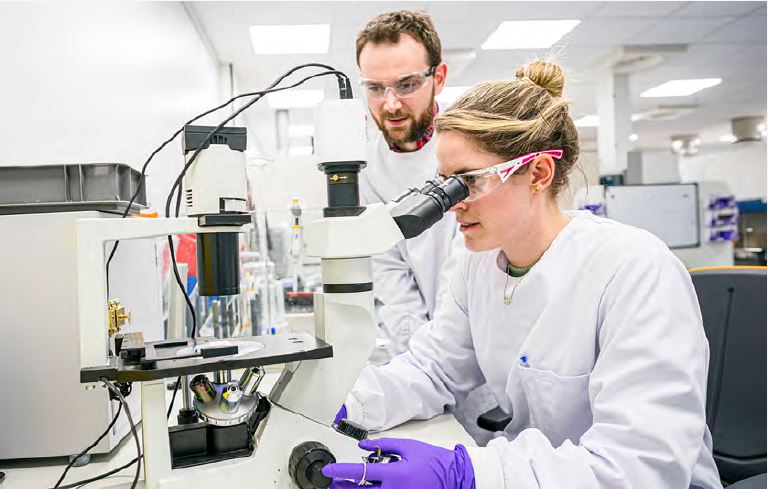
We understand how devastating a cancer diagnosis is for patients and their loved ones. But there is hope: we are fully committed to fighting this complex disease by improving access to cutting-edge medicines and focusing on the development of promising treatments – to improve quality of life and prolong the duration of remission.
The Health Technology Assessment of innovation in Cancer (HTAiC) initiative is a key part of our ambition to deliver value-based healthcare.
Through this initiative, our aim is to raise the awareness and understanding of access barriers facing cancer medicines, and to propose alternative ways to evaluate and assess these medicines. We also want to engage in open dialogue with multidisciplinary stakeholders and decision-makers, with the ultimate goal of delivering collaborative and sustainable approaches that achieve timely access for patients.

The Challenge: enabling timely patient access to new cancer medicines
Major scientific and treatment advances have been accompanied by a paradigm shift in the approval procedures of regulatory agencies in Europe and the USA. They have either adapted their evidence expectations and/or accelerated their approval of innovative cancer medicines. However, the approach of national Health Technology Assessment (HTA) agencies in assessing the benefits of new therapies has remained largely static, resulting in delays in access for patients in need of immediate intervention.[1]
The Solution: driven through collaboration between multiple stakeholders
Access solutions can be created and implemented by starting discussions early and involving all stakeholders, including patients and patient groups, policymakers, HTA representatives, regulators, healthcare professionals and industry peers. Janssen supports the evolution of HTA methods to address current access challenges, and has made key recommendations covering:
- HTA Processes
- HTA Methodology
- Health Economic Evaluation
- Access & Adoption
Janssen’s proposed solutions to accelerate access
Scientific advances in oncology are accelerating and we are experiencing a wave of innovation with more cancer treatments than ever before. Despite this exciting new era in cancer care, patients can still face delays accessing novel therapies, with the average wait to reimbursement of cancer therapies in Europe currently more than 18[1] months. This situation must change.
If we are to improve patient access to ground-breaking cancer therapies, HTA frameworks and methods across Europe need to evolve. This is the subject of a recent report by The Economist Intelligence Unit (EIU): Assessing Innovation – How HTA can adapt to improve the evaluation of novel cancer therapies in Europe
You can read my blog post reflecting on the report findings about the current unmet needs and areas for improvement, and my perspective on the necessary path forward. With key stakeholders working together, we will achieve our common goal: that every patient receives the right treatment at the right time and in a sustainable way.
Martin Price
Vice President of Health Economics, Market Access and Reimbursement, Janssen Europe, Middle East and Africa
Follow Us
References
[1] EFPIA Patient W.A.I.T. Indicator https://www.efpia.eu/media/676539/efpia-patient-wait-indicator_update-ju...
CP-362445


